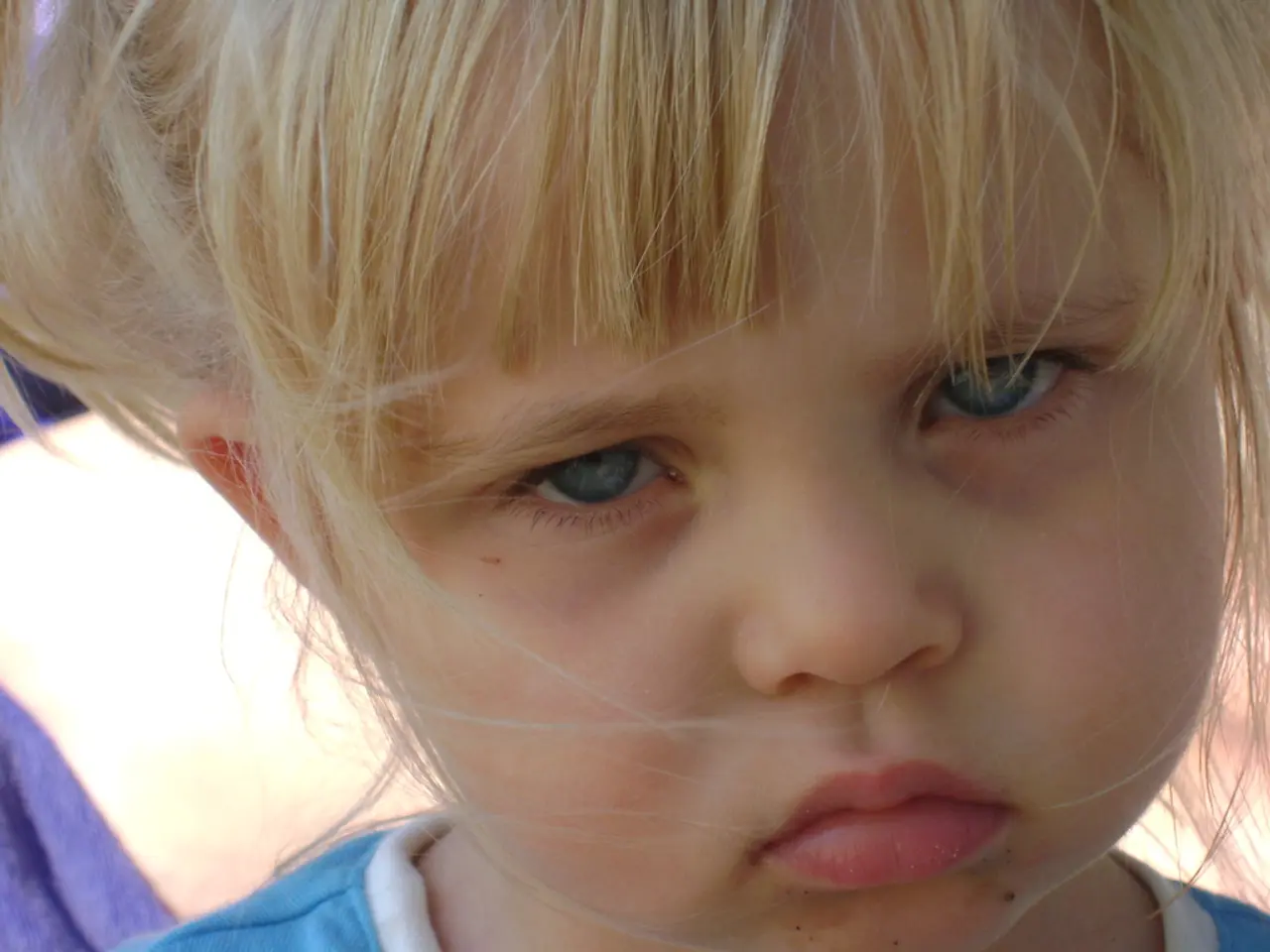Impact of Parental Affection on Child's Growth and Life Trajectory
Parental love plays a significant role in a child's development, fostering a strong and lasting bond that extends beyond the early years. This bond, built on quality time, active listening, empathy, and consistent support, offers a plethora of cognitive, emotional, and social benefits.
Secure Attachment and Emotional Regulation
The deep attunement and reciprocal responsiveness between parents and children, often referred to as parent-child synchrony, help children develop secure attachment styles. These attachment styles provide a foundation for a stable sense of trust and safety in relationships, which is crucial for emotional regulation[1].
Children who have secure attachments learn to self-regulate emotions, self-soothe, and manage negative emotional states, reducing the risks of anxiety and depression later in life[1].
Cognitive and Social Development
Synchrony also promotes improved communication skills, attention to social cues, and self-control, supporting cognitive development necessary for problem-solving and decision-making[1]. As a result, children who experience this kind of loving environment tend to develop stronger social skills, better interpersonal relationships, and higher self-confidence in social interactions throughout life[1].
Balancing Nurturing and Autonomy
While parental love is essential, it is crucial to avoid overprotectiveness or excessive control, sometimes called "choking by love." Such behaviour can unintentionally hinder a child's independence, social skills, and emotional resilience, affecting long-term development negatively[4]. Therefore, optimal parental love balances nurturing with fostering autonomy.
Lasting Impact
Raising children in a loving home has a profound impact on their emotional security, psychological well-being, and overall life success. Positive memories of one's own upbringing and a secure attachment style foster more responsive and loving parental behavior, creating a cycle of love and security[5].
Moreover, partner support can significantly influence the bond between fathers and their children. Understanding each child's unique qualities is crucial for parents to provide appropriate support and care for their development[6].
In conclusion, sustained, attuned, and balanced parental love supports a child's cognitive growth, emotional health, and social competence, laying the groundwork for adaptive functioning and well-being across the lifespan[1][4]. It is the cornerstone of a child's development, shaping their future and setting them up for success.
[1] Cassidy, J., & Shaver, P. R. (1999). The security of attachment in infancy, childhood, and adulthood: A review of research and current issues. Development and Psychopathology, 11(4), 759-778.
[2] Crittenden, P. M. (2006). Affect dysregulation, dissociation, and the development of the self: A developmental model and clinical implications. Journal of the American Academy of Child & Adolescent Psychiatry, 45(1), 1-12.
[3] Kernberg, O. F. (2007). Borderline conditions and pathological narcissism. New York: Jason Aronson Inc.
[4] Kochanska, G., & Aksan, A. (2006). Parenting, self-regulation, and children's moral development. In P. H. Mussen (Ed.), Handbook of child psychology: Social, emotional, and personality development (6th ed., Vol. 4, pp. 559-612). John Wiley & Sons, Inc.
[5] Main, M., & Solomon, J. (1990). Parent-child attachment: Predicting adolescent adjustment. Monographs of the Society for Research in Child Development, 55(3-4), 1-122.
[6] Lamb, M. E., & Brown, S. (2006). Fatherhood and its impact on child development. In N. Eisenberg & J. Fabes (Eds.), Handbook of child psychology: Social, emotional, and personality development (6th ed., Vol. 4, pp. 1013-1048). John Wiley & Sons, Inc.
Read also:
- Elderly shingles: Recognizing symptoms, potential problems, and available treatments
- Protecting Your Auditory Health: 6 Strategies to Minimize Noise Damage
- Exploring the Reasons, Purposes, and Enigmas of Hiccups: Delving into Their Origins, Roles, and Unsolved Aspects
- Various forms of cataracts include nuclear, pediatric, traumatic, and additional types





